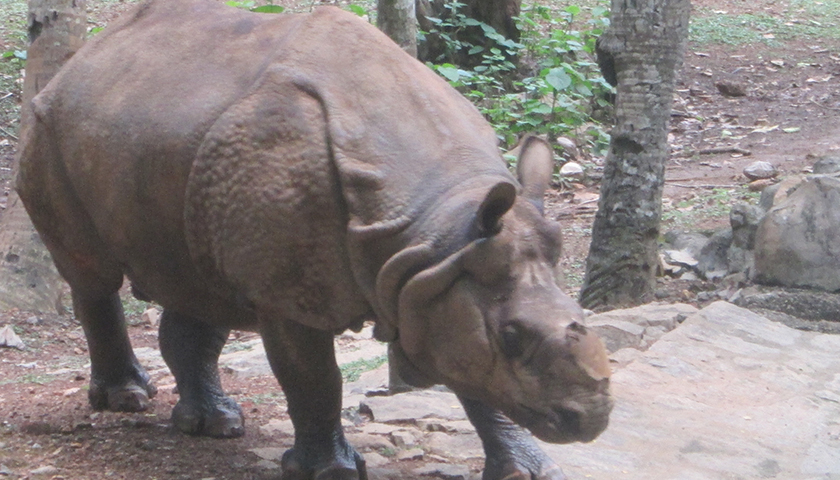Albert Einstein. Wolfgang Amadeus Mozart. Marie Curie. Gaia. The first person came up with the general theory of relativity. The second is regarded as perhaps the greatest classical composer of all time. The third is the only person to win the Nobel Prize in two scientific fields. The fourth isn’t a person at all; it’s a dog.
All might be considered geniuses.
Some individuals are supremely gifted, with abilities that the vast majority of people cannot hope to replicate even after years of dedicated practice – the adolescents who are chess grandmasters, the musicians with perfect pitch, the professional athletes who make their colleagues look like amateurs. Scientists have been studying these people for decades, hoping to uncover genetic, environmental, or social underpinnings for their talents. Researchers have yet to find satisfactory answers.
Which brings us to dogs.
Read More


